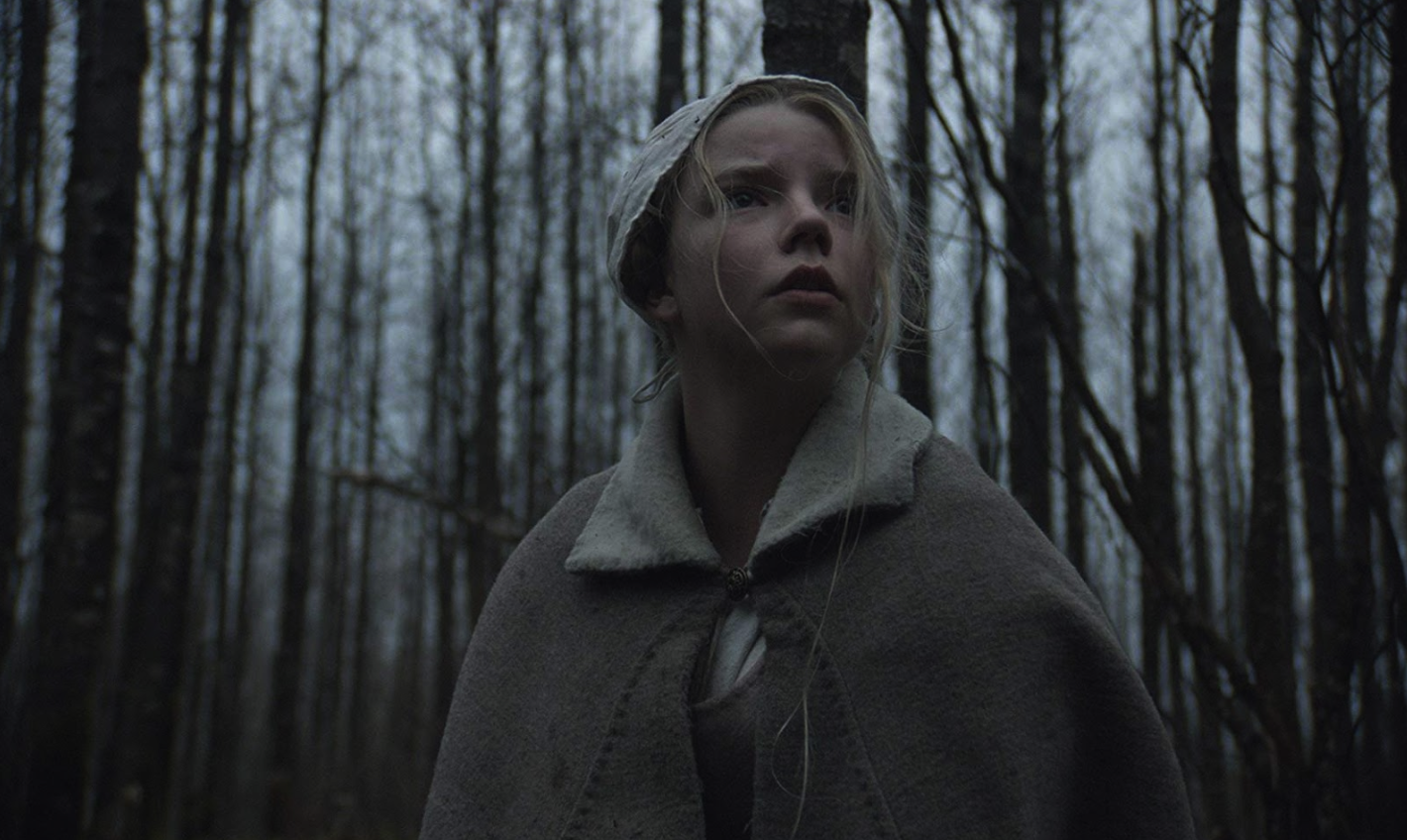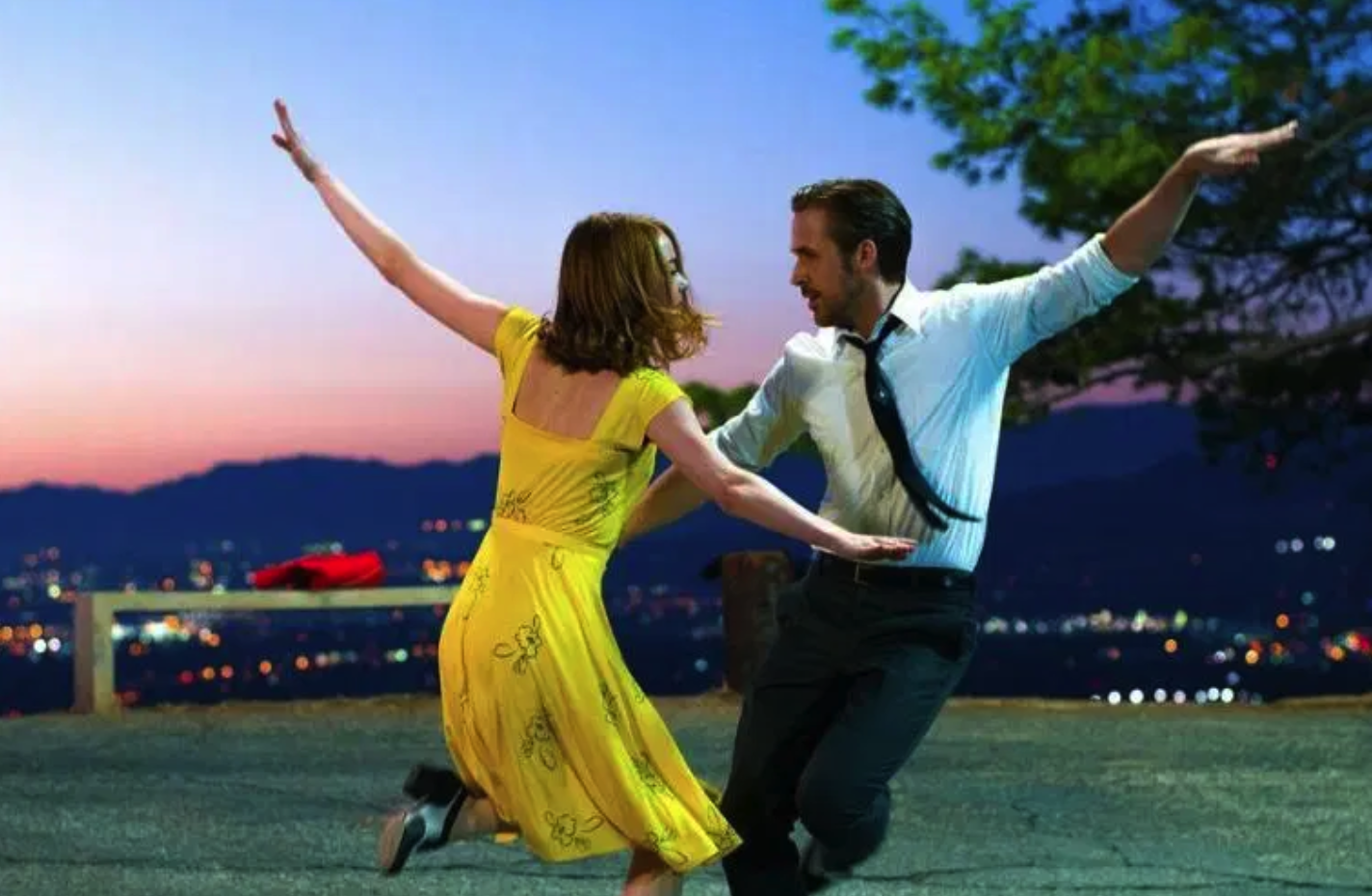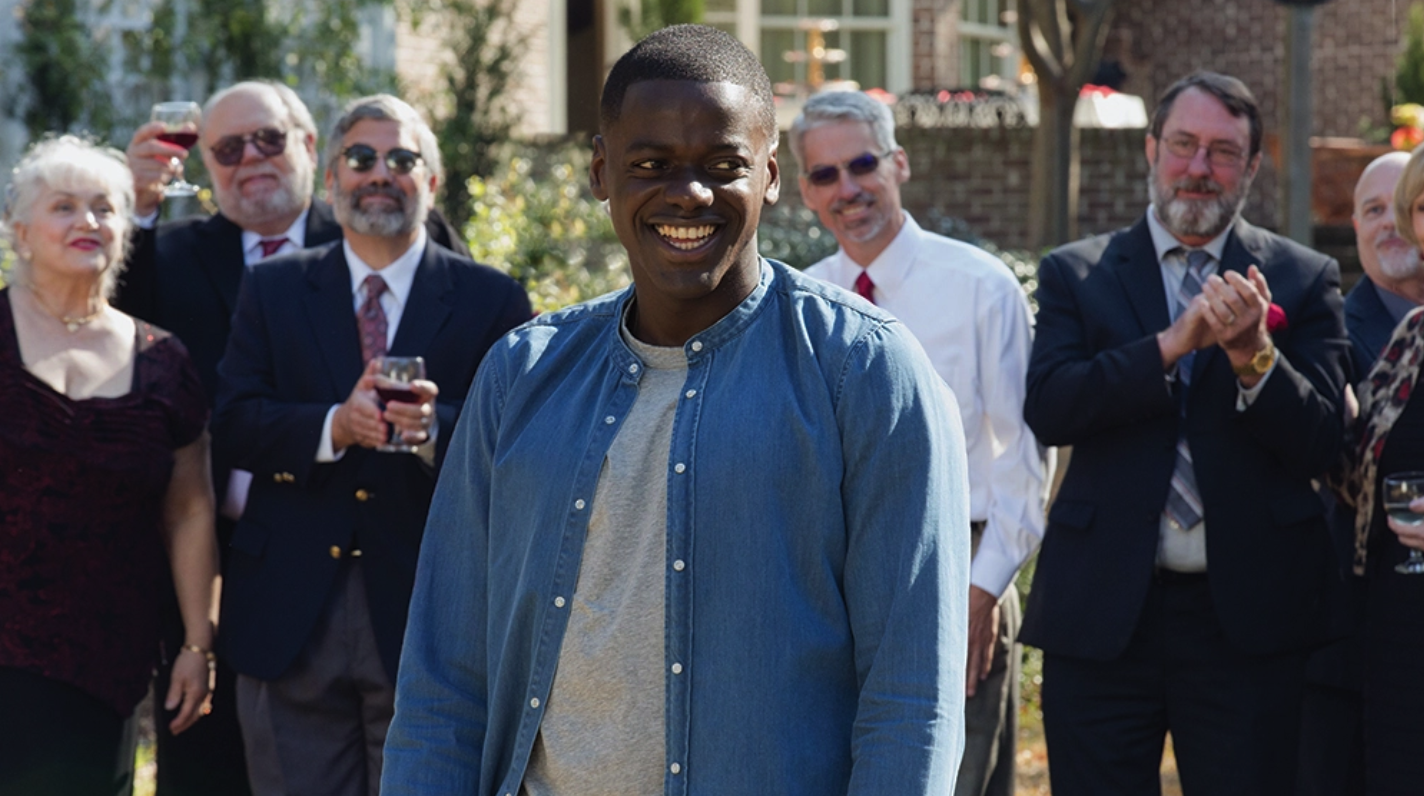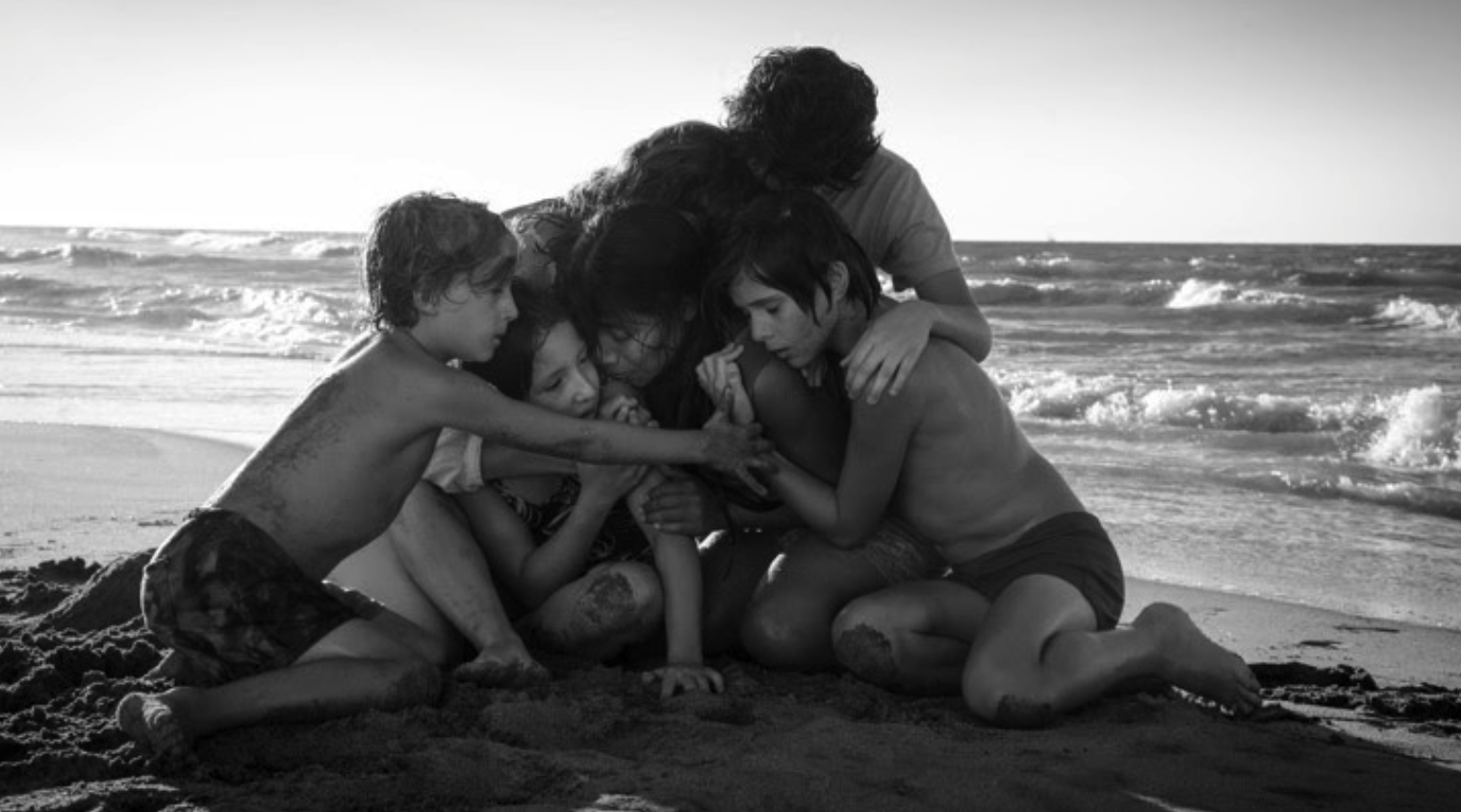A Decade in Film: Examining the Most Important Films of the 2010s
Serena Gandhi — Spiderman: Into the Spiderverse
Spiderman: Into the Spiderverse is the one and only Spiderman movie I could, would, and will rewatch again and again. Not only did this movie feature a non-white Spiderman, giving some love to hip hop artist Logic's song, Black Spiderman, but the film also bravely changed the face of future animation. While many animation studios — namely Walt Disney Animation — are pushing toward photorealistic animation (e.g. The Lion King remake), Sony Animation Studio developed its own unique 3D/2D hybrid animation style that even Pixar technical artists wanted to dabble with but never could because of how daring and unconventional it is. Every moment of the 3D animation pipeline was altered to fit this movie. Sony Animation's use of line work, "on-two" animation (an object holding for two frames instead of one), and stylized compositing created the straight-out-of-a-comic-book look that makes Into the Spiderverse so recognizable. With how successful the film was, one can foresee that the 2020s could be filled with this more daring, progressive, and comic-book-like style of animated films. Expect a Roaring 20s for animation.
Shana Vaid — The Witch
The Witch, directed by Robert Eggers, portrays a family’s struggle with demonic forces and witchcraft after being exiled from their pilgrim community. While a misleading wide-release marketing campaign caused general audiences to not enjoy the film as much as critics did, the film won many awards, many of which went to Anya Taylor-Joy specifically for her phenomenal performance. The film also kicked off a stream of well-made horror films produced by A24, such as It Comes at Night, Hereditary, and Midsommar.
Chardonnay Needler — La La Land
Other than causing one of the grandest gaffs in Hollywood history, La La Land was the catalyst for the public’s recent affinity for nostalgic feel-good music films (e.g. Yesterday and all the rock biopics that littered the late 2010s). The film made retro an award-winning aesthetic. Between the nods to early 20th-century jazz, ’50s-era musicals and other “a-ha” moments that’ll take audiences home to their head-banding days, the film firmly places musicals back in the public eye, possibly being the green-light for Greatest Showman and Cats. Besides, our fellow Quaker John Legend is endorsing a sequel — it can’t be inconsequential.
Hannah Lazar — Get Out
Get Out dominated every film conversation for a good chunk of 2017. It redefined director Jordan Peele’s image —from a well-known comic to a seriously talented horror filmmaker —practically overnight, and was one of the first contemporary mainstream horror movies to explicitly explore race in a thoughtful way. This film revealed that there was a high demand for socially conscious horror films, likely becoming the precursor to Peele’s own Us, Gerard Bush and Christopher Renz’s Antebellum (which comes out next year), Ready or Not, and even had influence over reboots of old franchises, like the new Black Christmas remake and Halloween iteration. While the horror genre is always best when it examines the dark underbelly of society, many of the more popular ones deal with it subtextually, hiding its disturbing elements under the guise of metaphor. Get Out did away with subtext and just made the social consciousness the text, all with a fresh perspective and a sense of humor — and I’m glad more films are taking after it now.
Staci Bell — The Avengers
It’s impossible to deny that The Avengers had a tremendous impact on the world of action movies after its 2012 release. Prior to The Avengers, superhero movies were either dark and grim à la Batman and X-Men or completely missed the mark (like the infamous Green Lantern). Marvel’s The Avengers instead took a classic approach to the comic book genre. Memorable and inspirational lines, perfectly choreographed fight scenes, and a clear division between good and evil combined to establish The Avengers as the epitome of superhero and action films. Its success also spurred the creation of niche, diverse comic book films and shows such as Black Panther, Wonder Woman, and Luke Cage. Who knew that comic book culture could’ve become cool during the 2010s?
Hayley Sussman — Roma
The 2010s summoned drastic changes in how we watch movies. Roma is a stunning, black-and-white look into the life of Cleo, an indigenous Mexican domestic worker. The film constituted a major success for director Alfonso Cuaró -- who made strides in indigenous representation by featuring a Mixtec woman as the protagonist -- as well as Netflix. Roma earned 10 Academy Award nominations (breaking boundaries for foreign-language films and Netflix originals alike), prompting controversy surrounding eligibility rules. Steven Spielberg headed efforts to curb Netflix films from the award scene, but the Academy’s rules for 2020 won’t exclude streaming platforms from the race. This is good news for 2019 films Marriage Story and The Irishman, and even better news for the streaming platforms competing for a place in viewers’ homes. And outside the US, major festivals including Cannes continue to battle with Netflix over eligibility, despite Netflix-distributed films like Atlantics and Okja making headlines over the past few years. Roma furthered this sense of legitimacy for Netflix films, a trend bound to continue in the next decade.
Gabi Bonina — Blackfish
In this documentary that changed the public perception of Seaworld and acted as an economic driver for change in the corporation, Gabriela Cowperthwaite told the story of Tilikum, an orca whale implicated in the deaths of three people. Through testimonials, there is a greater and overarching correlation between how orca whales are viewed as entertainment for the public and the greater mistreatment behind the scenes as mentioned by former trainers. This film begged its viewers to reflect on their own perception of animals in captivity, and it disillusioned many who had their eyes opened to the exploitations of orcas. Blackfish was an impetus for change in that killer whales in entertainment will never be viewed in the same way again. Its message is strong and just as important, and its effect on our culture in the last decade (not just in public but in the Seaworld corporation as well) was huge.






